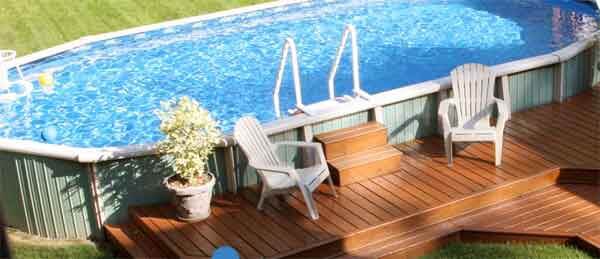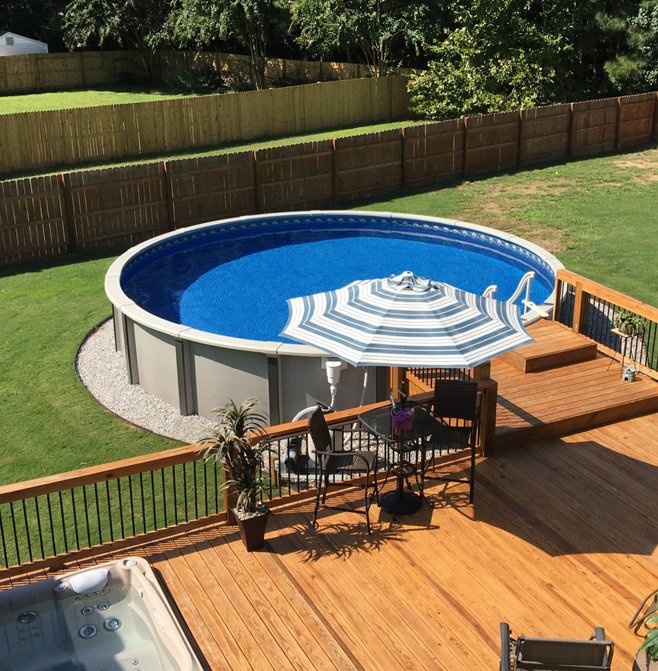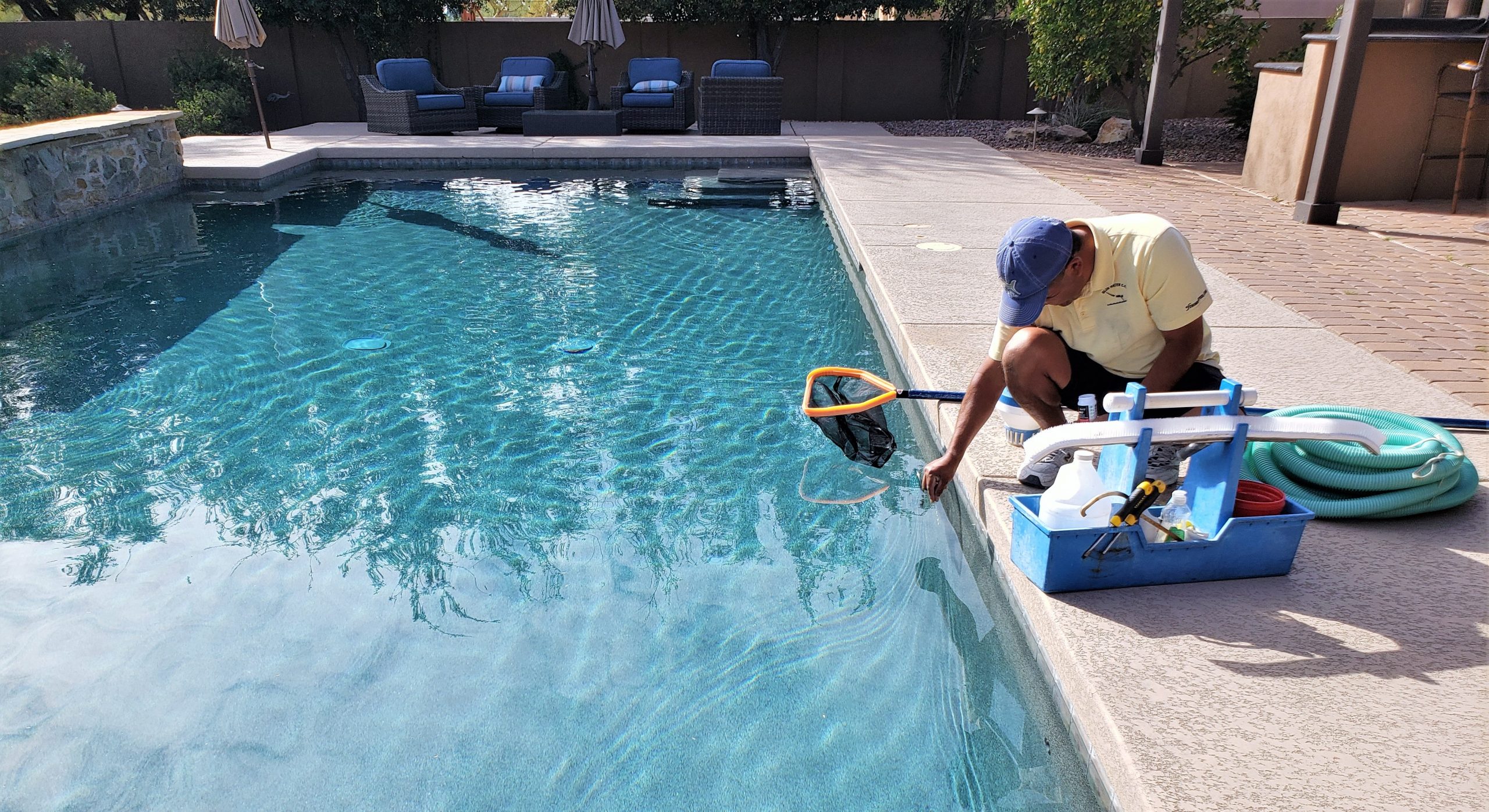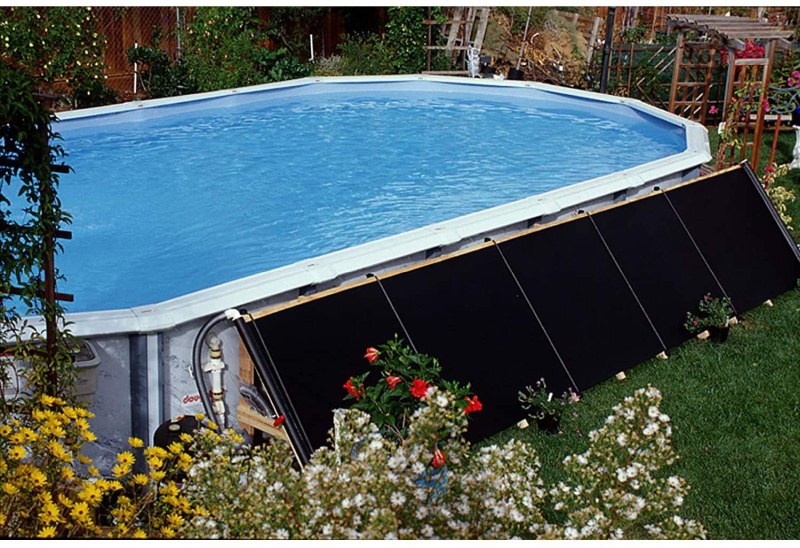Are you ready to take the plunge and build a pool in your backyard? Well, hold on tight because there's more to it than just digging a hole and filling it with water! Before you dive in, it's crucial to understand the cost breakdown of pool permits. From application fees to inspection costs and additional expenses, we'll break it all down for you. So, get your swim trunks ready and let's explore the world of pool permit expenses together!
Key Takeaways
- The cost of pool permits can vary depending on the type of pool, location, and size.
- Electrical and plumbing permits are necessary for pool installations and can range in cost.
- Plan review fees may be required in addition to permit fees and can vary widely.
- Researching local regulations and requirements, gathering necessary documentation, and staying in touch with the relevant department are important steps in obtaining a pool permit.
Permit Application Fees
When applying for a pool permit, you will be required to pay an application fee, which can range from $50 to $500 depending on the location. The permit application process involves several steps to ensure the safety and compliance of your pool installation. First, it is crucial to research the local regulations and requirements for pool permits in your area. This will give you an understanding of the specific documentation and information you need to gather for the application.
The permit application requirements typically include construction plans, site plans, and sometimes even engineering reports. These documents provide the necessary details about the pool design, dimensions, materials, and location. They help the relevant department assess the project and ensure it meets all safety and zoning regulations.
Once you have gathered all the required documentation, you can submit your application along with the application fee. It is important to stay in touch with the department during this process to address any additional information or inspections they may require. Hiring a pool contractor can simplify the permit application process, as they are familiar with the requirements and can assist with preparing the necessary documents.
The timeframe for obtaining a pool permit can vary depending on the complexity of the project and the workload of the department. Minor permits can be issued in as little as 1-2 days, while major permits may take longer. To speed up the process, make sure to provide accurate and complete information in your application and apply well in advance to avoid any delays during peak construction season or backlog periods.
Inspection Costs
To ensure compliance with regulations and safety standards, you will need to schedule an inspection, which typically incurs additional fees. The pool inspection process is a crucial step in the permit acquisition process. During the inspection, a qualified inspector will assess the pool's construction, electrical systems, plumbing, and safety features to ensure they meet the required standards.
Common inspection issues that may arise include improper fencing or gates, inadequate pool drainage, faulty electrical wiring, and non-compliant safety features. If any issues are identified during the inspection, they must be addressed and resolved before the permit can be granted.
It is important to hire a professional pool contractor who is familiar with the inspection requirements and can ensure that your pool meets all the necessary criteria. They will have the expertise to identify and rectify any potential issues before the inspection takes place, saving you time and money.
Once the inspection is successfully completed and any necessary repairs or modifications are made, you can proceed with obtaining the permit. It is important to note that inspection costs are separate from permit fees and should be factored into your budget when planning for your pool construction project.
In addition to inspection costs, there are other potential expenses that you may encounter during the permit acquisition process, such as plan review fees, application fees, and any required documentation. These additional expenses can vary depending on your location and the complexity of your project. It is essential to research and understand all the associated costs to ensure a smooth permit acquisition process.
Additional Expenses During the Permit Acquisition Process
During the permit acquisition process, it's important to consider other potential expenses that may arise, such as plan review fees, application fees, and required documentation. These additional expenses can sometimes be overlooked, leading to unexpected costs. To help you navigate through this process, here is a breakdown of some of the hidden fees you may encounter:
- Plan Review Fees: In addition to the permit fees, certain jurisdictions may require plan review fees. These fees contribute to the labor and resources used to review your project. The amount can vary widely, ranging from $50 to $500. For example, in Arkansas, the fee is 1% of the total estimated cost, while in Sacramento, CA, it costs 40% of the total permit fee.
- Application Fees: Some municipalities may charge application fees for processing your permit application. These fees are typically non-refundable and cover administrative costs. The amount can vary depending on the location but usually ranges from $50 to $200.
- Required Documentation: When applying for a pool permit, you will likely need to provide extensive documentation, including construction plans and site plans. These documents may need to be prepared by professionals, such as architects or engineers, adding to the overall cost of obtaining the permit.
- County or City Fees: Depending on your location, there may be additional fees imposed by the county or city where the pool is being installed. These fees can vary and may include impact fees or utility connection fees.
Electrical and Plumbing Permit Costs
Electrical and plumbing permits for pool installations can range in price from $50 to $500, depending on your location. These permits are a crucial part of the pool permit requirements and play a significant role in ensuring the safety and compliance of your pool installation with regulations. It is essential to understand the importance of obtaining these permits and the potential risks involved if the electrical and plumbing work is not done correctly.
When it comes to pool permit requirements, electrical and plumbing permits are a must. These permits not only ensure that the electrical and plumbing work is done by licensed professionals but also guarantee the safety of the pool users. Fatal accidents can occur if the electrical and plumbing systems are not installed and maintained properly, making it essential to follow these safety regulations.
The cost of electrical and plumbing permits can vary depending on your location. In San Diego, for example, these permits can cost up to $429. However, in other areas, the cost may be as low as $50. It is crucial to research the specific requirements and costs in your locality to avoid any surprises during the permit acquisition process.
To obtain these permits, you will need to submit the necessary documentation, including construction plans and site plans, to the relevant department. It is recommended to hire a pool contractor who is familiar with the permit process and can assist you in gathering the required information and submitting the application correctly.
When it comes to the timeframe for obtaining these permits, it can vary depending on the complexity of the project and the workload of the department. Minor permits can be issued relatively quickly, usually within 1-2 days. However, major permits may take longer. To avoid delays, it is advisable to apply well in advance, especially during peak construction seasons or backlog periods.
Plan Review Fees
When obtaining a pool permit, remember to consider plan review fees, which can range from $50 to $500 depending on your location. Plan review fees are an important aspect of the pool permit process as they contribute to the labor and resources used to review your project. Here are some key points to consider about plan review fees:
- Varying Costs: Plan review fees can vary widely depending on where you live. In some areas, the fee may be as low as $50, while in others it can reach up to $500. It's important to research the specific fees in your location to budget accordingly.
- Percentage-Based Fees: In certain locations, plan review fees are calculated based on a percentage of the total estimated cost of your pool project. For example, in Arkansas, the fee is 1% of the total estimated cost.
- Fixed Percentage Fees: In other places, plan review fees are calculated as a fixed percentage of the total permit fee. For instance, in Sacramento, CA, the plan review fee is set at 40% of the total permit fee.
- Importance of Proper Permits: Proper permits ensure that your pool installation meets safety standards and complies with local regulations. It is crucial to obtain the necessary permits to avoid any legal issues and to ensure the safety of yourself and others.
When applying for a pool permit, make sure to factor in the plan review fees and budget accordingly. It's also important to gather all the required documentation and submit the application well in advance to avoid any delays. Remember, obtaining the proper permits is essential for a safe and compliant pool installation.
Frequently Asked Questions
Are There Any Discounts or Waivers Available for Pool Permit Fees?
Discount options and eligibility requirements for pool permit fees vary by location. It's important to research local regulations to determine if any discounts or waivers are available. Some areas may offer discounts for certain groups, such as senior citizens or veterans, while others may have specific eligibility requirements. Contact the relevant department to inquire about any potential discounts or waivers for pool permit fees. Ensuring you have accurate information will help you navigate the permit process more efficiently.
How Long Does the Inspection Process Usually Take?
When preparing for a pool inspection, there are a few key steps to take. First, ensure that your pool meets all safety regulations, such as proper fencing and alarms. Next, gather all necessary documentation, including construction plans and site plans, to submit with your application. Common reasons for inspection delays include incomplete or inaccurate information, as well as issues with safety compliance. By following these steps and being thorough in your preparation, you can help expedite the inspection process.
What Are Some Common Additional Expenses That May Arise During the Pool Permit Acquisition Process?
Common unexpected expenses and hidden costs can arise during the pool permit acquisition process. These can include plan review fees, which vary widely and can add to the overall cost. In addition, there may be additional fees for inspections or changes to the plans. It's important to budget for these potential expenses and factor them into your overall pool permit acquisition process to avoid any surprises along the way.
Do Electrical and Plumbing Permits Need to Be Obtained Separately or Are They Included in the Pool Permit?
When it comes to obtaining a pool permit, it's important to know that electrical and plumbing permits need to be obtained separately. These permits are not included in the pool permit itself. They are necessary to ensure the safety and compliance of your pool installation. Electrical and plumbing permits can range in cost from $50 to $500, depending on your location. It's crucial to follow the proper procedures and obtain these permits to avoid any potential accidents or issues.
How Do Plan Review Fees Contribute to the Overall Pool Permit Process?
Plan review fees play a crucial role in the overall pool permit process. These fees contribute to the labor and resources required to review your pool construction plans and ensure compliance with regulations. They can vary widely, ranging from $50 to $500, depending on your location. In some areas, such as Arkansas, the fee is calculated as 1% of the total estimated cost. In Sacramento, CA, it amounts to 40% of the total permit fee. Considering plan review fees is an important part of understanding the complete pool permit cost breakdown.
Conclusion
In conclusion, obtaining a pool permit is an important step in building your dream pool. Understanding the cost breakdown of pool permits can help you budget and plan accordingly. One interesting statistic to note is that the average cost of a pool permit in the United States ranges from $100 to $500, depending on the location and type of pool. By following the necessary steps and staying informed about local regulations, you can ensure a smooth permit acquisition process and enjoy your pool safely and legally.





